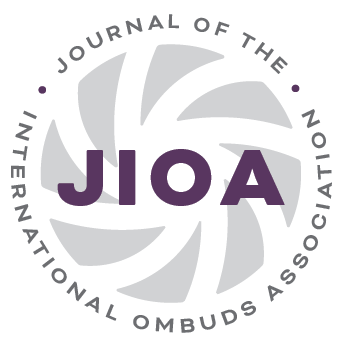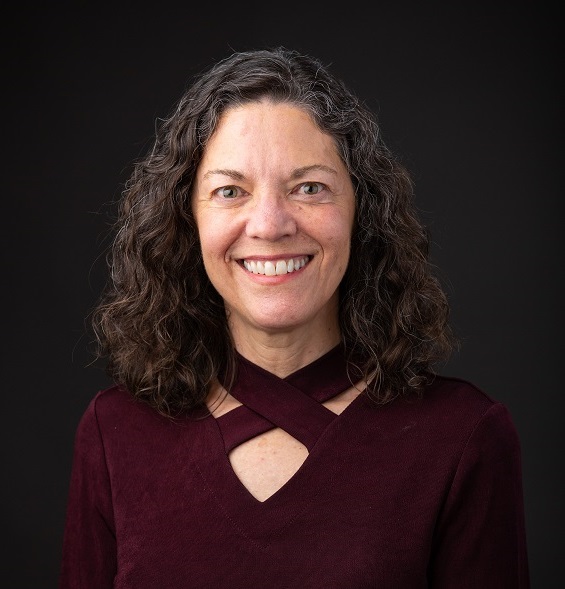Call for Peer Reviewers: Journal of the International Ombuds Association (JIOA)
 The Journal of the International Ombuds Association (JIOA) is seeking to expand its database of peer reviewers. We invite experienced practitioners, scholars, and scholar-practitioners with expertise relevant to organizational ombuds practice to apply.
The Journal of the International Ombuds Association (JIOA) is seeking to expand its database of peer reviewers. We invite experienced practitioners, scholars, and scholar-practitioners with expertise relevant to organizational ombuds practice to apply.
JIOA reviewers play a critical role in advancing the quality, rigor, and relevance of ombuds-related scholarship. Reviewers are asked to provide thoughtful, constructive, and confidential feedback to authors, supporting both scholarly integrity and the development of the field.
Prospective reviewers should be familiar with research method, professional writing, or applied scholarship relevant to ombuds work. Prior reviewing or publishing experience is welcome but not required.
Those interested in being considered for the reviewer pool are encouraged to review the JIOA Review Procedures and complete the reviewer application form at this link: https://forms.gle/Q8Q2W4LYWRDU1AEZ7.


 By Shannon Burton,
By Shannon Burton,